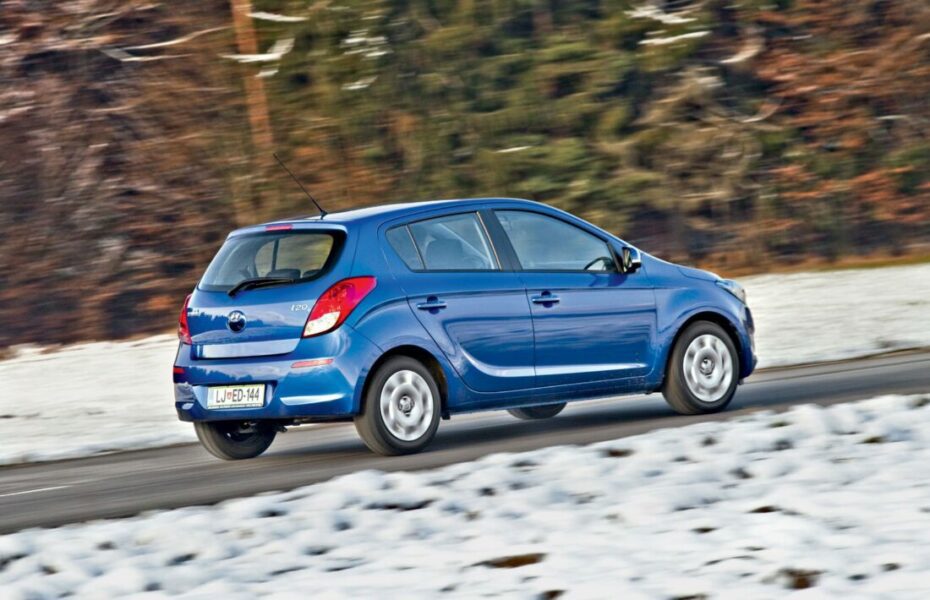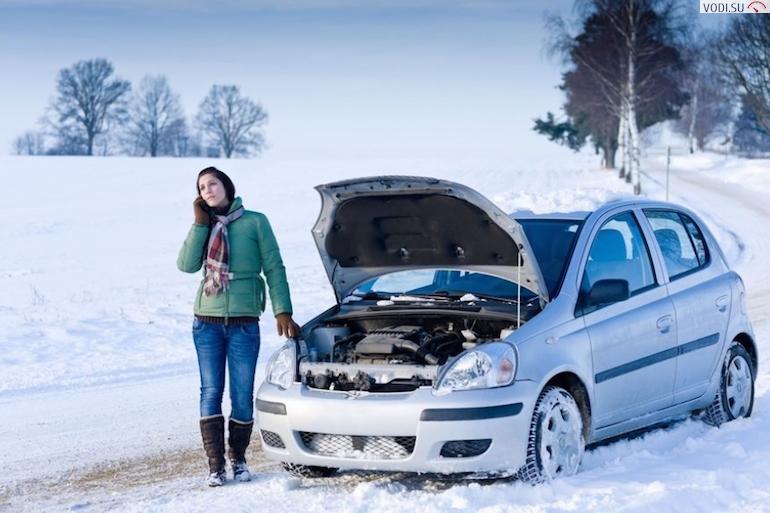
Short test: Hyundai i20 1.2 CVVT Dynamic
Babies are so naughty that you don’t believe your aunts when they flatter you, saying that this is your copy. When they then grow into older children, the first family relocations occur. Even with flaws. And we probably all agree that the process of growing up is so interesting precisely because of the interweaving of hereditary material and the unique characteristics that children bring to the world at birth. You see, even two identical twins are not the same in adulthood.
The Hyundai i20 is growing slowly but surely. The first was the Getz, which was just one of many city cars. He did not stand out in any way, but people immediately took him for theirs. Then he grew up in i20, began to flirt with our more gentle halves, and now he is entering those years when not only compassion helps you with school dances, but you also need to dress beautifully.
He can no longer hide the similarities with his older brothers: With the LED daytime running lights that come with Life and Dynamic equipment and the shape of the headlights, it definitely belongs in the Hyundai family. Unfortunately, we resented the test with only the second richest equipment, only that you can have more economical daytime running lights (but no illumination at this time) or night lights - even during the day. If only the daytime running lights are on, you don't glow in the rear tunnels as there is no automatic switching between the two programs, but it's true that with the (night) headlights on, you can easily leave the car without that annoying warning chime. that Korean or Japanese cars like to warn a distracted driver. And the new suit really suits him, although the dimensions remain the same, as he has grown to almost four meters in length, and the width and height are the same as his predecessor.
Inside, you'll first notice the well-stocked center console, which is also well stocked. The radio with CD player (and steering wheel controls, as well as iPod and USB interfaces) and automatic air conditioning showcase the best equipment, and the multiple side bolsters on the seats add a pinch of sportiness. Four airbags, curtain airbags and the standard ESP stabilization system keep even the most dangerous people comfortable, soft power steering and smooth shifting of the gear lever from gear to gear require delicate female hands.
In fact, the Hyundai i20 is very soft, be it the chassis, steering wheel or drivetrain, which will appeal to both younger and older ones. We would just like to point out that the chassis, despite the goodyear tires, cannot yet be compared to the Polo or Fiesta chassis as the connection between the car and the ground is very good. The Koreans may have to work here, perhaps with the help of the Germans or an international team (the i20 was developed at Hyundai's European hub in Germany).
The ready-made 1,2-liter four-cylinder engine is so sharp that even five gears do not give it any problems. The only annoying thing is the noise on the highway, so you can at least get into a "longer" fifth gear if the sixth is only for the harsher versions.
With winter tires and very low temperatures, we averaged 8,2 liters per 100 kilometers, which is a lot, but longer distances and a softer right leg would easily lower that average by a liter or more. The tested Hyundai i20 was really unlucky due to the very low temperatures and short routes, but it managed to prove that the interior warms up decently quickly to bearable temperatures.
The trunk is rated at 295 liters, which is fully equivalent to the previously mentioned competitors, but Hyundai has one more trick up its sleeve: a three-time five-year warranty. This includes a five-year unlimited mileage general warranty, a five-year roadside assistance warranty, and a five-year free preventive inspection program. Considering the many times recognized quality of workmanship, such a guarantee is more than a good prospect that a beautifully dressed teenage son will attract some pretty girl, isn't it?
Text: Aljosha Darkness
Hyundai i20 1.2 CVVT Dynamic
Basic data
| Sales: | Hyundai Auto Trade Ltd. |
|---|---|
| Base model price: | 11.990 € |
| Test model cost: | 13.220 € |
| Calculate the cost of auto insurance | |
| Acceleration (0-100 km / h): | 14,0 with |
| Maximum speed: | 168 km / h |
| Mixed flow ECE: | 8,2l / 100km |
Technical information
| engine: | 4-cylinder - 4-stroke - in-line - petrol - displacement 1.248 cm³ - maximum power 62,5 kW (85 hp) at 6.000 rpm - maximum torque 121 Nm at 4.000 rpm. |
|---|---|
| Energy transfer: | front wheel drive engine - 5-speed manual transmission - tires 185/60 R 15 T (Goodyear Ultragrip 8). |
| Capacity: | 168 km/h top speed - 0-100 km/h acceleration in 12,9 s - fuel consumption (ECE) 5,6/4,1/4,7 l/100 km, CO2 emissions 109 g/km. |
| Mass: | empty vehicle 1.045 kg - permissible gross weight 1.515 kg. |
| External dimensions: | length 3.995 mm – width 1.710 mm – height 1.490 mm – wheelbase 2.525 mm – trunk 295–1.060 45 l – fuel tank XNUMX l. |
Our measurements
| T = -3 ° C / p = 1.012 mbar / rel. vl. = 73% / odometer status: 1.542 km | |
| Acceleration 0-100km: | 14,0s |
|---|---|
| 402m from the city: | 19,2 years ( 115 km / h) |
| Flexibility 50-90km / h: | 13,4s (IV.) |
| Flexibility 80-120km / h: | 30,4s (V.) |
| Maximum speed: | 168km / h (V.) |
| test consumption: | 8,2 l / 100km |
| Braking distance at 100 km / h: | 44,3m |
| AM table: | 42m |
evaluation
While the Getz was once just a rational solution for a solid Korean car, its i20 successor is so much more. Now Hyundai's second-biggest (smaller i10) is attractive and comfortable, but they only need to roll up their sleeves when it comes to the chassis.
We praise and reproach
jumped engine
workmanship
equipment
ease of operation (steering wheel, gearbox)
only five-speed gearbox
fuel consumption
the chassis is not yet up to par
